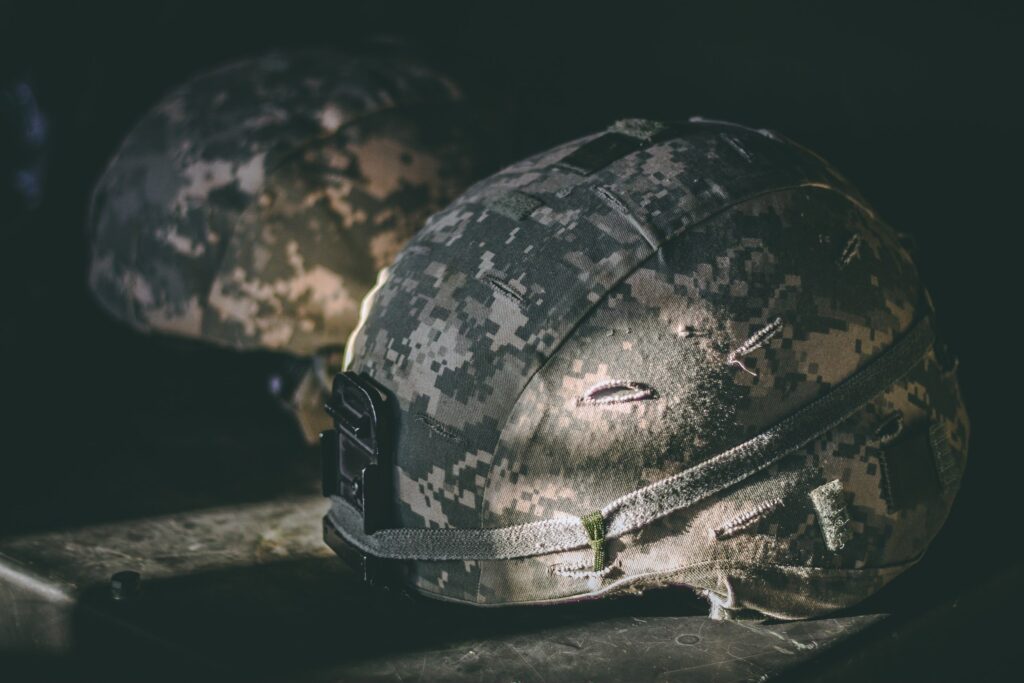Article 128 UCMJ Assault Lawyers
Assault is a crime in the military. It is found in Article 128 UCMJ. It includes:
- Simple assault – when a military member attempted or offered to do bodily harm to someone.
- Assault consummated by a battery – not just an attempt, but actual infliction of bodily harm on someone.
- Aggravated assault, which can include battery upon a child.
- Assault in which substantial bodily harm in inflicted.
- Assault in which death or grievous bodily harm is inflicted.
- Assault with a dangerous weapon.
- Domestic violence (UCMJ Article 128b).
Article 128 UCMJ Assault Guide
- What Is the Definition of Bodily Harm?
- Can a Service Member Be Charged with Assault Under Article 128 UCMJ Off Base or Off Duty?
- What Is the Difference Between Article 128 UCMJ and Article 128b UCMJ?
- What Is the Best Military Assault Defense?
- How Can the Military Member’s Mental Health Be a Defense?
- Can You Argue for The Insanity Defense when Charged with Crimes Under the Ucmj?
- Is only One Defense Available to A Service Member in Allegations of Military Assault Under Article 128 UCMJ?
- Does an Article 128 UCMJ Allegation Always Lead to Court-Martial?
- Does a Service Member Have to Accept NJP Under Article 15 of The UCMJ?
- What Are the Consequences of Accepting NJP?
- How Does Military Law Prepare a Military Assault Defense for Court?
- What Happens if You Are Convicted of Assault Under Article 128 Ucmj?
- Are There Additional Consequences of A Conviction Under Article 128 UCMJ?
- Is a Conviction Under Article 128 UCMJ Considered a Felony?
What Is the Definition of Bodily Harm?
Bodily harm does not have to cause physical injury to another person as you might think. “Offensive” physical contact, no matter how slight, is considered a battery if it was made without the permission of the victim.
Can a Service Member Be Charged with Assault Under Article 128 UCMJ Off Base or Off Duty?
Absolutely! Assault consummated by a battery is a crime that can be committed both on and off military installations. This is a military crime even if the assault took place while on leave or in civilian clothes.
What Is the Difference Between Article 128 UCMJ and Article 128b UCMJ?
Article 128b UCMJ covers crimes of domestic violence. Prior to 2022, these crimes were also charged under Article 128 UCMJ, which covers all other forms of physical assaults.

Military assault allegations can lead to charges under Article 128 UCMJ.
What Is the Best Military Assault Defense?
There are many options when defending against an assault allegation in the military. These include:
- Self-defense
- Defense of another
- False allegations
- Parental discipline
- Character for peacefulness/nonviolence
- Good military character
- Mental health / insanity defense
How Can the Military Member’s Mental Health Be a Defense?
We have represented active duty clients with severe mental illness, including previously undiagnosed psychotic disorders. Rule for Court-Martial 706 permits a sanity board for service members where mental health is a possible contributing factor.
Can You Argue for The Insanity Defense when Charged with Crimes Under the Ucmj?
Yes. Unfortunately, this is very difficult and rare. A complete insanity defense in the military carries a high burden, and that burden is on the accused and his military attorney. At Military Law, we explore all defenses available to our clients. We work with experts specializing in mental health to prepare our client’s best defense.
Mental health can also be a factor to mitigate punishment. Our skilled negotiations may result in a very positive plea agreement, including dropped or reduced charges.
Is only One Defense Available to A Service Member in Allegations of Military Assault Under Article 128 Ucmj?
- Military lawyers are not limited to one defense. In fact, the best military lawyers will explore multiple defenses.
- Military Law only employs top military lawyers. We know all possible defenses, and we have the experience to execute them wherever they apply.
Does an Article 128 UCMJ Allegation Always Lead to Court-Martial?
No. Assault allegations can lead to a court-martial, but commanders may choose to dispose of Article 128 allegations through nonjudicial punishment (NJP) under Article 15.
Does a Service Member Have to Accept NJP Under Article 15 of The UCMJ?
No. Military members facing NJP must decide whether they want to turn down NJP and demand trial by court-martial. The burden at a court-martial is on the government to prove the allegations beyond a reasonable doubt.
Court-martial charges are not guaranteed when there are allegations of assault.
What Are the Consequences of Accepting NJP?
NJP (Article 15) can have one or more of the following effects on a military member’s career:
- Impact your ability to promote
- Place your security clearance in jeopardy
- Administrative separation
- Denial of reenlistment
Understanding and thinking through all the different options can be nearly impossible for someone not trained and experienced in military law. The advice of a seasoned and experienced military attorney early in the process ensures your best options for a successful outcome.
How Does Military Law Prepare a Military Assault Defense for Court?
These cases are often battles of credibility. We will evaluate eyewitness testimony, CCTV footage, and forensic evidence. Forensic evidence may include photographs, medical records, and expert testimony by a medical doctor.

What Happens if You Are Convicted of Assault Under Article 128 Ucmj?
Punishments for convictions under Article 128 vary significantly. Punishments can range from a few months in jail to years in prison and a punitive discharge.
Our client’s defense doesn’t stop if he or she is convicted of an offense. Our defense services continue into sentencing, if necessary. Our top rated military attorneys continue to advocate on behalf of our clients to minimize punishment.
A military judge or military panel (jury) will consider the following factors in sentencing:
- The status of the victim (child, spouse, significant other, commissioned officer, etc.)
- Type of harm inflicted
- Mental health of the accused
- Mitigating circumstances presented by the defense team
Are There Additional Consequences of A Conviction Under Article 128 UCMJ?
Collateral consequences (things that happen to you as a result of the conviction) can be rather devastating. Domestic violence convictions trigger the Lautenberg Amendment. A service member convicted of domestic violence is not allowed to own a personal firearm.
It is important to get legal advice as soon as possible. You need a team experienced in defending these actions. Military law does investigative work and does not rely on the government’s investigative steps.
Is a Conviction Under Article 128 UCMJ Considered a Felony?
Federal law does not define military convictions as a felony. The military does not categorize offenses as misdemeanors or felonies.
A court-martial conviction under Article 128 is a federal conviction and will be reported to national databases.
Some states will call this conviction a felony if the authorized punishment could have been greater than one year.
Our attorneys at Military Law are experienced in military assault defenses. We have successfully defended many military members against assault allegations in investigations, administrative actions, separation boards, and courts-martial.
Military Law clients can trust our team of military defense lawyers and investigators will never stop working to get the best possible results.

Article 128 UCMJ Assault Attorney, Jeremy Snyder
